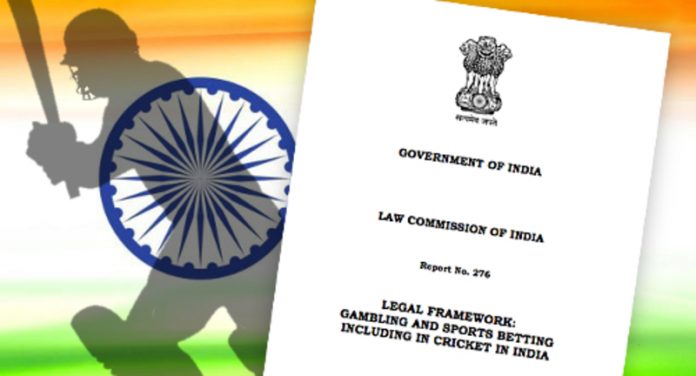India is one of the largest economies in the world with a population count of over 1,353 billion. The online gambling industry is huge around the world and India is one of the fastest-growing markets in the world. With online gambling being easily accessible through online casinos and sports betting sites, the activity of gambling is becoming more and more common. Most popular are casino games and table games along with sports betting. The market in India is still very young and it’s a long time left until it has reached its full potential, already at this stage though the market has a very high value. Unfortunately, it’s difficult to determine the size of the market since it’s a legal grey zone, with India being unregulated.
A regulated market and an unregulated market have a lot more in common than one might believe. Casinos that are available online in India have licences to operate and are being regulated by the countries which issue the licences for them to operate. In addition, there are also separate regulatory bodies making sure that the casino operators adhere to certain rules and standards. From a consumer’s perspective, a player who is visiting an online casino in a regulated market will not have much of a different experience from playing in a casino in an unregulated market.
The difference is that all online casinos in an unregulated market such as India are operated remotely by foreign companies, effectively bypassing the laws in India. The Indian government doesn’t allow online casinos, it’s illegal, but there is no way to stop foreign companies from offering their services online. At the same time, there is nothing that stops an Indian to sign up and start playing at the foreign online casinos. Honestly, a player wouldn’t necessarily know that it’s foreign, as mentioned before, they wouldn’t know if it was Indian or not. This is what is commonly referred to as a grey market. The biggest issue at play is that the government doesn’t collect any taxes from the operations, as the companies offering their services online would pay special gambling taxes in the country where they are registered. This means that the Indian government is losing out of billions each year in tax revenue, in a market that will only continue to grow and be worth even more in the coming years.
In a regulated market, normally the country itself, India in this case, would issue specific licences to online casino operators allowing them to offer their services legally. To apply and keep this licence, the gambling company would have to be transparent about their business activity, tracking and exposing audited financial statements. This way the government is able to collect taxes. In addition to taxes, they will also collect large fees from all casinos operating in the country. Another monetary aspect is that fines are regularly issued to companies that fail to adhere to the regulations bringing additional streams of money from fees. The second most important aspect is the well-being of society, where the government actively sets rules and most importantly, enforces the rules to make gambling a safer activity for citizens. Gambling can be addictive and people who develop a problem need to be protected, in this scenario the government can play an important role in safeguarding individuals who are vulnerable.

